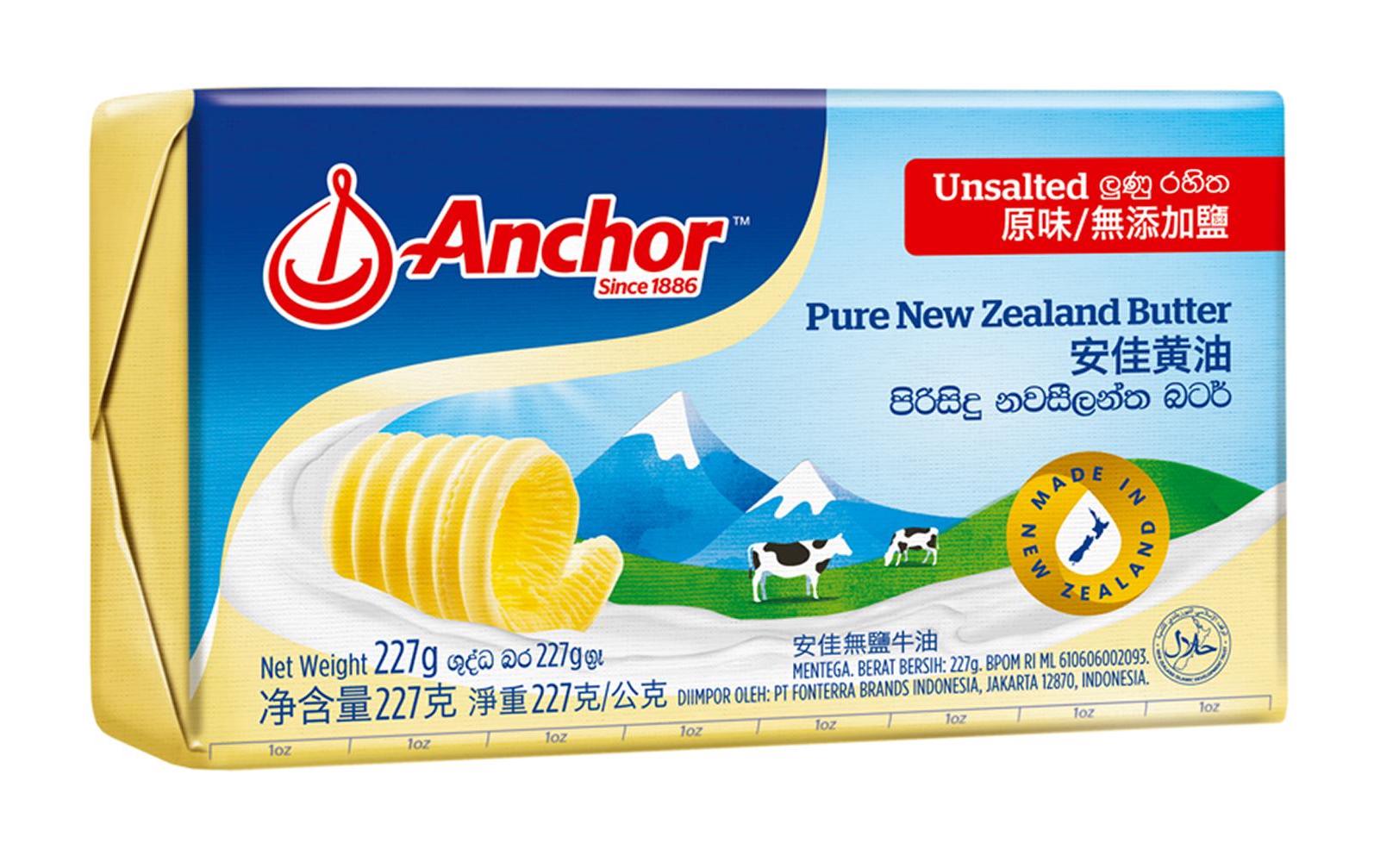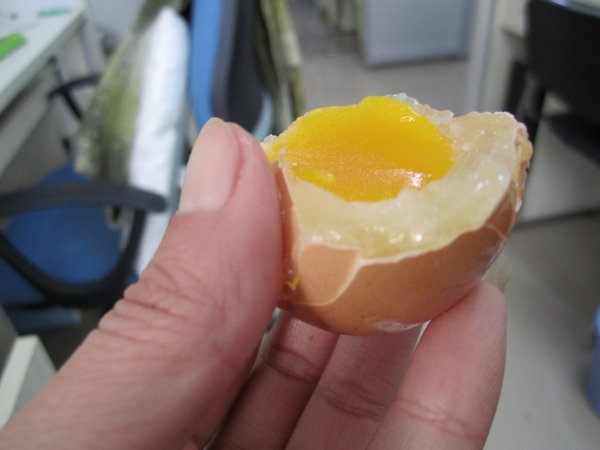
Photo credit: Jodie Morgan / Unsplash
Shoppers in China can now get a definitive answer on whether a product they’ve just bought is fake or legit – by simply scanning a code with their phones.
It’s part of a new trial that Alibaba has just rolled out, using an incorruptible blockchain database – the technology behind Bitcoin and other cryptocurrencies – to track an authentic item going from a manufacturer to a consumer.
Alibaba, China’s online shopping giant, is initially trialling its fakes-fighter with food items imported from Australia and New Zealand.
Just two products – one from Anchor and one from Blackmores – are part of the trial, an Alibaba representative told Tech in Asia over the weekend.

Photo credit: Anchor
Once the item arrives with the buyer in China, he or she can scan a special QR code to see the blockchain-verified database that shows it’s a genuine product.
The goal of the program – first announced in theory in March 2017 – is to use the blockchain database to “achieve end-to-end supply chain traceability and transparency to enhance consumer confidence and build a trusted environment for cross-border trade,” said Alibaba in a statement.
Alibaba archrival JD has its own blockchain pilot focused on foodstuffs and medicines.
Companies worldwide are set to double their spending on blockchain technologies in 2018 – to US$2.1 billion – as the database system finds more and more use cases. That expenditure will rocket to US$9.7 billion in 2021, according to a report from IDC.
Many firms are tapping blockchain tech “to develop innovative solutions that improve processes such as post-trade processing, tracking and tracing shipments in the supply chain, and transaction records for auditing and compliance,” says IDC’s Bill Fearnley Jr.
See: He’s putting your reputation onto the blockchain
Fake eggs
Alibaba’s pilot is a small first step in tackling China’s fake food crisis. Counterfeit soy sauce, rice, and eggs are among the potentially deadly items that have been found for sale – like this fake egg spotted in 2012:

Photo credit: China Daily
Fraud costs the global food industry US$40 billion each year, according to research from Michigan State University.
However, it’s things like bootleg DVDs, knockoff designer handbags, and reproduction high-end makeup that have been more of a headache for Alibaba, with vendors on its Taobao and Tmall marketplaces often found selling fake goods to shoppers.
Alibaba and its founder, Jack Ma, have played whack-a-mole with these dodgy merchants, but the decade-long game has repeatedly landed the online shopping giant on the US Trade Representative’s piracy blacklist. Ma’s company says its automated systems are getting better at removing fake items before shoppers even see them, leading to a 25 percent drop in takedown requests.
It’s not just Alibaba. Amazon is struggling to rein in wayward merchants on its own Marketplace, as detailed last week in a report by The Guardian.
Alibaba’s blockchain framework will expand after this first, groundbreaking trial. “Once the pilot is complete and if successful, the framework could form the basis of a global supply chain model applied across all of Alibaba Group’s ecommerce markets,” said the company.
This post Alibaba rolls out blockchain pilot to tackle fake food products appeared first on Tech in Asia.
from Tech in Asia https://www.techinasia.com/alibaba-fake-food-blockchain-pilot
via IFTTT
No comments:
Post a Comment